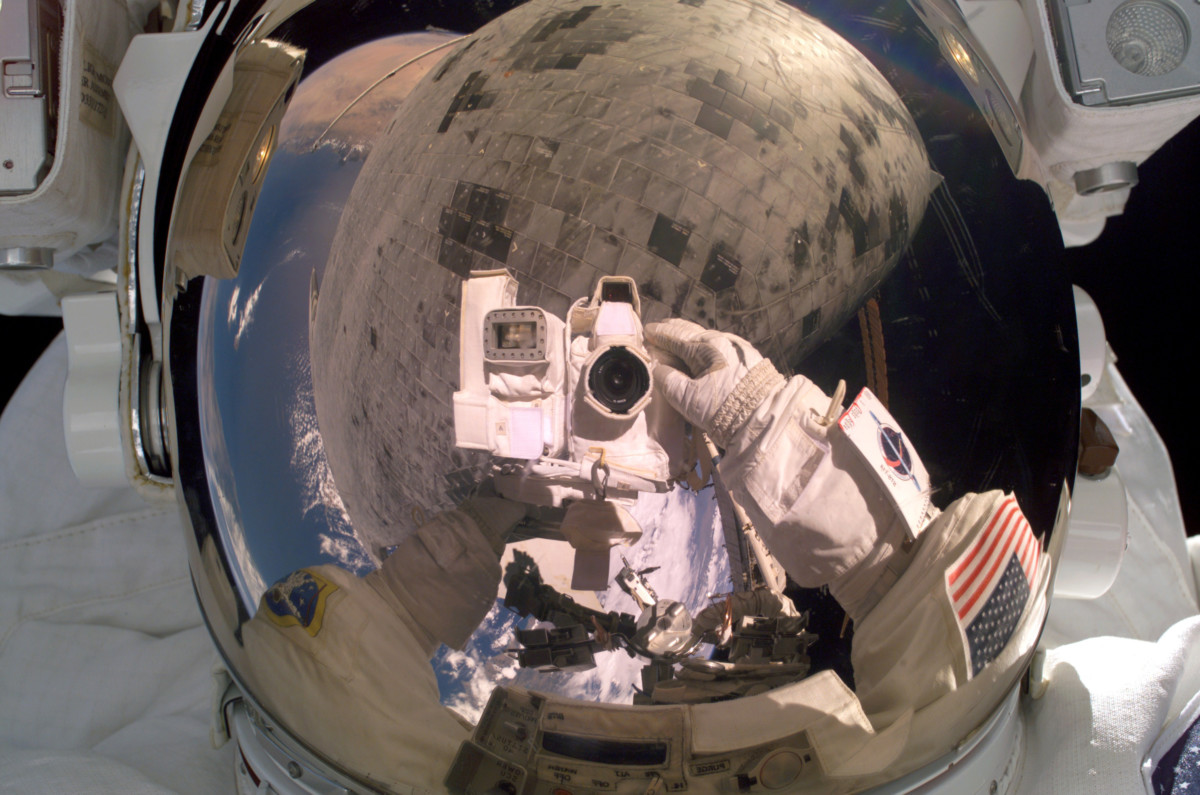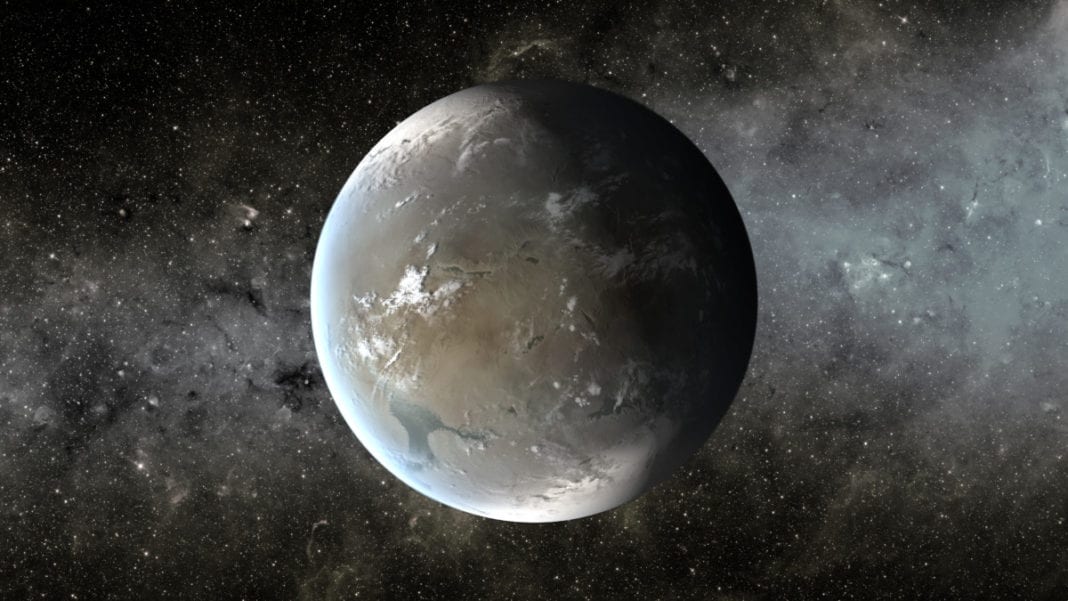The University of Leiden has developed a new space-camera for identifying alien life. Even if it’s just plant life for now (although I’m imagining something like the Predator films). Well, the innovative and restless minds at Leiden University agree that we’re not alone in the universe, and they have built a state of the art camera to prove it.
This has probably raised a lot more questions than it answers, so let’s get into it.
How does this space-camera work?
The camera, known as “spectropolarimeter TreePol”, can identify signs of life at great distances. The first test subject was plant-life and how it reflects light. Oh great, so this thing identifies plants? What’s so cool about that? Well, first of all, they’re not just plants, they’re plants in space (important difference). Second of all, the “TreePol” camera identifies light patterns – most light is reflected by a living organism, plants are just the beginning.
Astrobiologists commonly focus on the presence of water, oxygen, and carbon. Finding these molecules and atoms don’t always indicate life, triggering false alarms. To find out if there is life, certain properties must be identified that are unique to life itself. A ton of exo-planets that revolve around a huge star, like Earth, are discovered frequently. This doesn’t prove that the planet hosts life, life is special – and special things leave special hints of their specialty.

TreePol (aka space-camera) is specifically about the light that comes from leaf green, but almost all molecules that make up the life have the property to reflect the light. Circularly polarized light (aka bendy light bounced off of a life form) is a more airtight criterion. So if TreePol captures an extraterrestrial signal in the future, it probably indicates life.
University of Leiden
Astronomer and co-developer, Frans Snik (co-developer from Leiden University), teases the nearness of the technology, “We are already working on a version that is suitable for the international space station ISS”.
The project is a collaborative effort, an ambitious effort between Lucas Patty (VU University Amsterdam), Franks Snik (Leiden University) and Inge Loes ten Kate (Utrecht University).
We’re really looking forward to this technology and the results it will yield. With a more credible way of identifying life in space, this technology will soon be a game changer.
Do you believe in aliens? Leave a comment!



We have not found life but life has already found us.